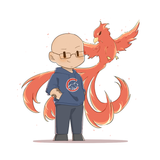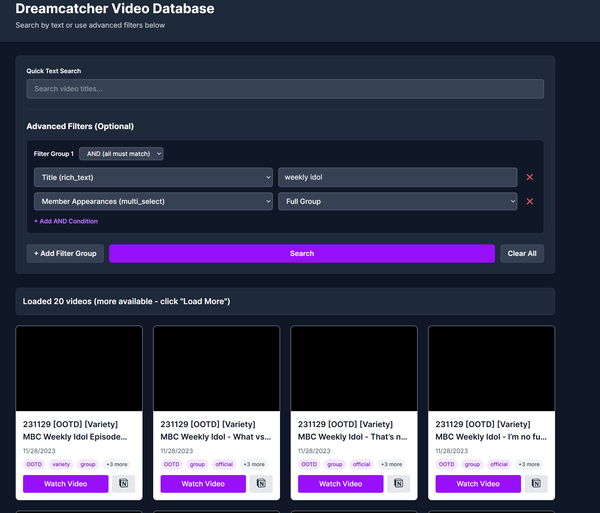Discord's Community-Breathing Apparatus
The current tool of choice for online chat communities works best when participants are allowed to bond together.

Community software has a curious way of changing, evolving, and having major players emerge over time. For online web communities, it was old Bulletin Board Systems, then online web forums, then Reddit. For social media it was early Facebook, Myspace, Instagram, and Twitter. And for chat, it seems, things have morphed from the olden days of mIRC, Ventrilo, and Teamspeak, into Slack, Teams, and finally, Discord.
Even though I have what probably would be considered an “old” Discord account (I have one made in early 2016, something that was of distinct advantage when it came time to pick usernames recently), I probably wasn’t actively using it til about 2020 or so. That’s because back in those days, Discord was a player among real-time chat communities and not necessarily the perceived behemoth that it is today.
As such, I made an account to hold my username, then promptly forgot about it for nearly half a decade. Oops.
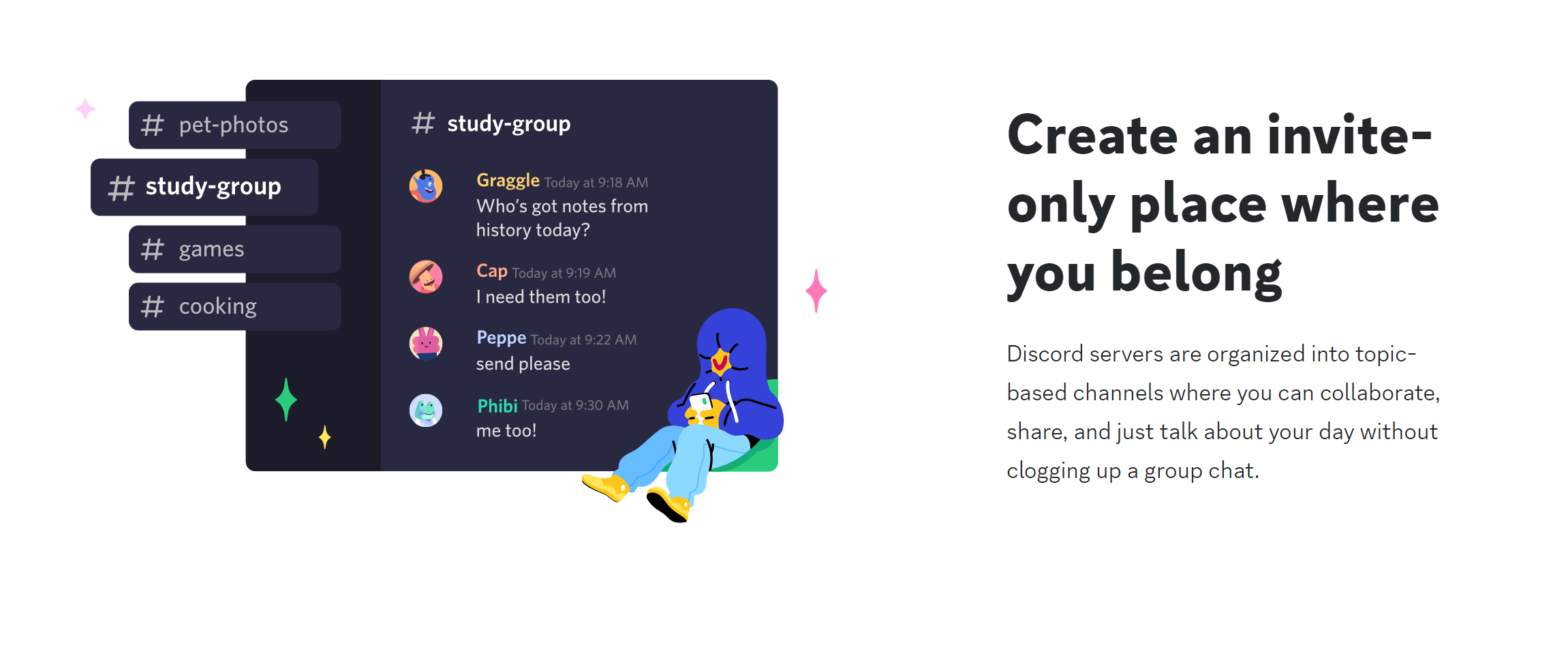
When I -did- come back around to Discord in 2020, when I wanted to stoke the embers of my K-Pop fandom by finding more channels to talk to people in, I found with it a brand new, fairly mature product that was a far cry from the mostly low key “gaming” voice chat interface of its early days. Now what I saw was a dressed-down version of the business-like channel setup of Slack (which I also used for work), with a myriad of server options spanning tons of interests and a fun, personalized experience that used emotes, nicknames, and profile pics to distinguish members and communities.
Gone were the days of simply just being limited to the creativity of what you could emote in an old mIRC server. This was with nitro installed in the engine, with vibrant communities that commiserated daily and used the interface for more than just the convenience of voice comms in a game.
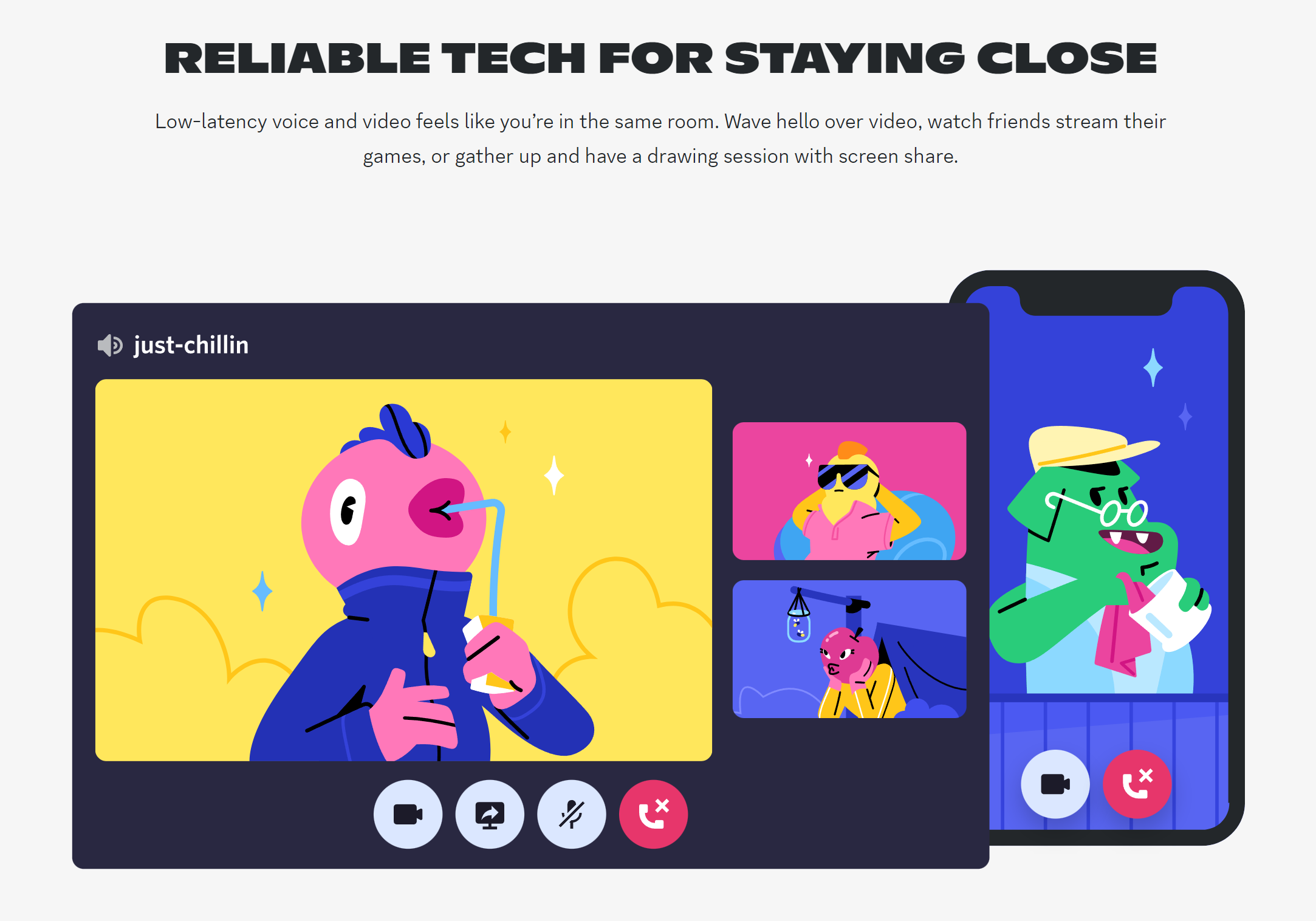
Naturally as someone who works professionally in community management, I eventually got curious about what made communities tick in Discord. I spent perhaps the better part of the year getting to know small friend servers of less than 30 people and huge, sprawling, K-Pop focused mammoths of tens of thousands. It being the heart of the pandemic in 2020 only accelerated this, as people were forced to shelter-in-place, minimize their outside activity, and find other channels to scratch the socialization itch they were feeling. Places online like Discord were critical to that.
I discovered that the best communities out there, ones relatively free of the drama of online social behaviors or poor infrastructure, were the ones that let their communities breathe. Now, don’t get me wrong - this didn’t mean a complete free-for-all. Generally, I favor consistent, strict moderation rulesets and actions, and being clear, swift, and direct when you have to intervene. The great killer of moderated communities, after all, is inconsistency and over-subjective judgment - the idea that personal motivations drive community management decisions.
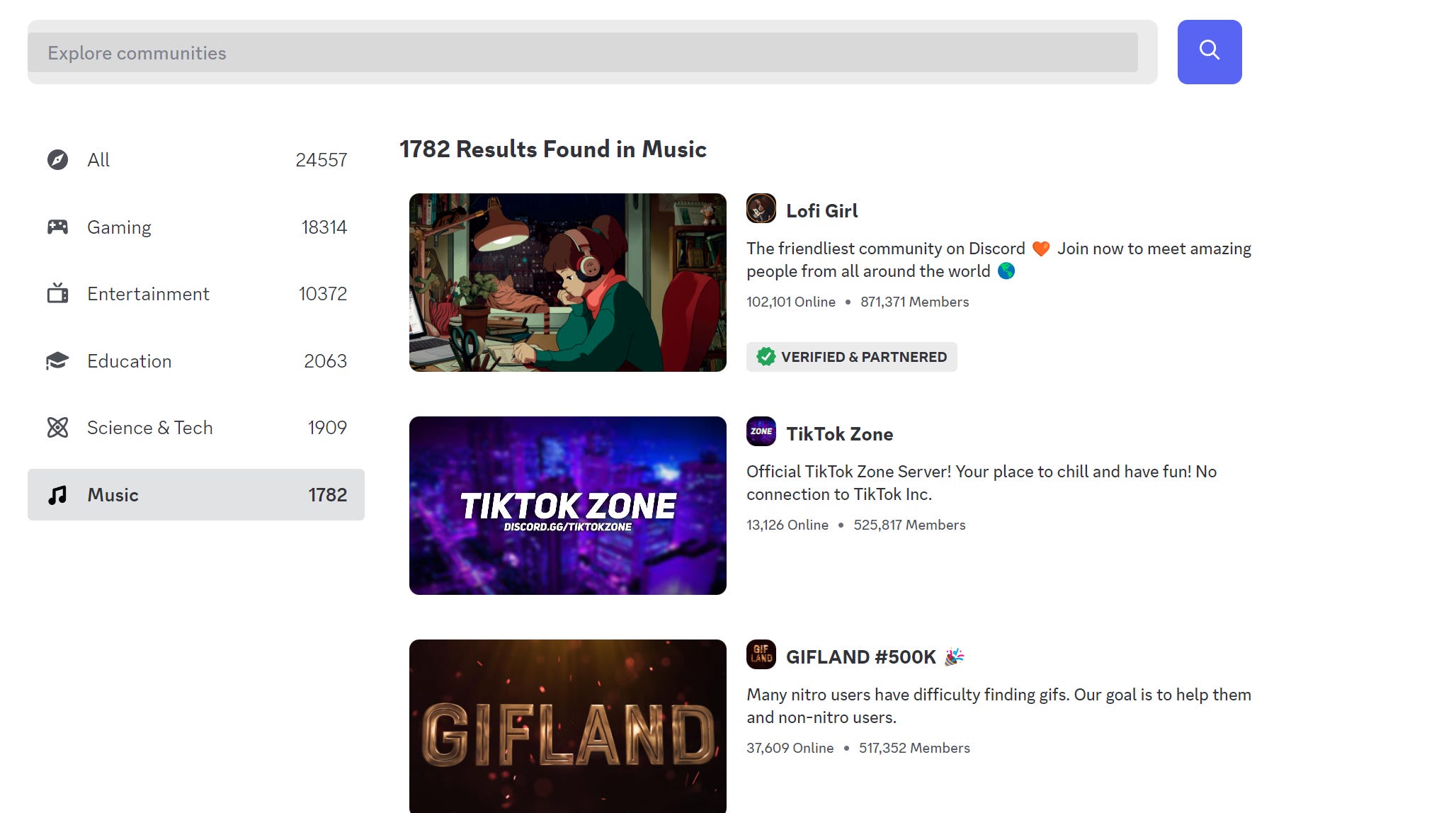
But I also believe that Discord itself operates best when you don’t have to intervene very much at all. Building good rules and invested community helps with this, but when it works, what happens is your community is allowed to breathe, to be able to have those organic, day-to-day interactions that create bonds and forge consistent engagement. The moments where something as small as a misspelling or a funny joke becomes an in-server meme, or when everyone celebrates server milestones, or when people find and connect with others and feel included, without much of anything that a moderator or admin does - those are breathable, organic moments that make communities on Discord great, and more importantly, long-lived.
I got the chance to become a Discord moderator in 2021, for a K-Pop community that has since over doubled its size, and I’ve learned a ton in that time. This is especially true since I was, until then, largely ignorant of how to work the various tools, bots, and server settings that help make a Discord community a resource and place of convenience for people looking to connect with others of the same interest. And I learned that sitting back, only doing the occasional poke to acknowledge a new member or to participate as a member and not an overseer, was the best path to Discord harmony and community.
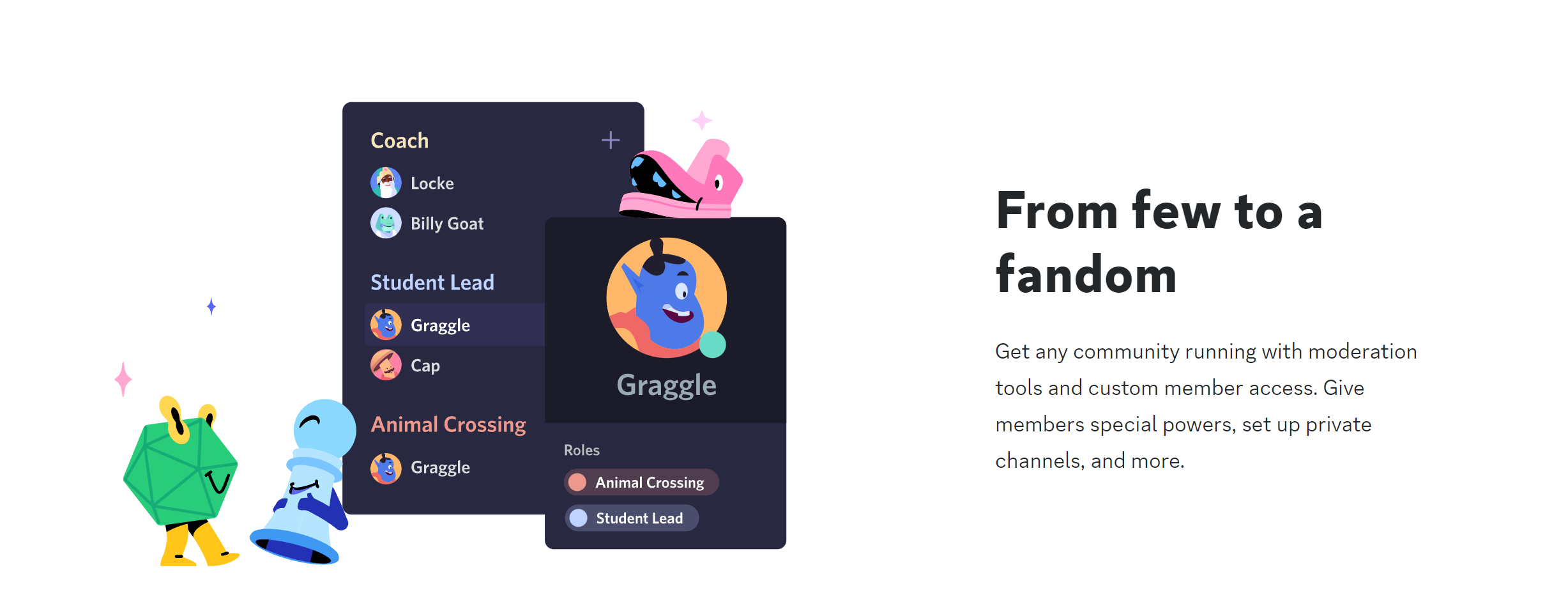
I actually saw this happen in real-time once. In short, someone entered the channel and began browbeating the community for not participating in a fandom initiative. Instead of intervening right away, the staff of the server let the community play it out, first with constructive, reasoned counterarguments and then with a mass protection of rules on civil discussion by criticizing the person in question for turning talk inflammatory. In the midst of this, and before the person was ultimately muted and banned, they spouted off a paragraphs-long rude rant about the Discord server community that was so over-the-top ridiculous that it went from causing anger to absurd laughter. The incident was long-remembered in the communtiy afterward, with even a bot server command used to bring up the copy-paste rant, and the occurrence talked about to newer joiners with the storytelling of any tall tale around a campfire - all with minimal interaction from the staff. The community was allowed to breathe, and as such, both protected itself and created a funny milestone moment at the same time. It brought them together in a way that simply swooping in and immediately banning the person would not have.
When it comes to Discord, every emote creation request to celebrate a fun moment, every channel and event shepherded, and every wild chat debate that had “Several people are typing…” are moments that get enshrined in communities, and not being adaptable and just tightly controlling the dialogue doesn’t allow that to happen. Your community members deserve the chance to help make the Discord space their own, and have some sense of ownership that allows them to become invested in the solid rules and community guidelines you’ve laid down. And nothing does that like organic, breathable interaction. So the next time that you’re in a Discord server, either as a moderator, admin, or a regular member, pay attention to how a community that you enjoy being a part of forges its own bonds. You’ll find that the best of them make interaction as natural as breathing - and that’s not a bad thing.
